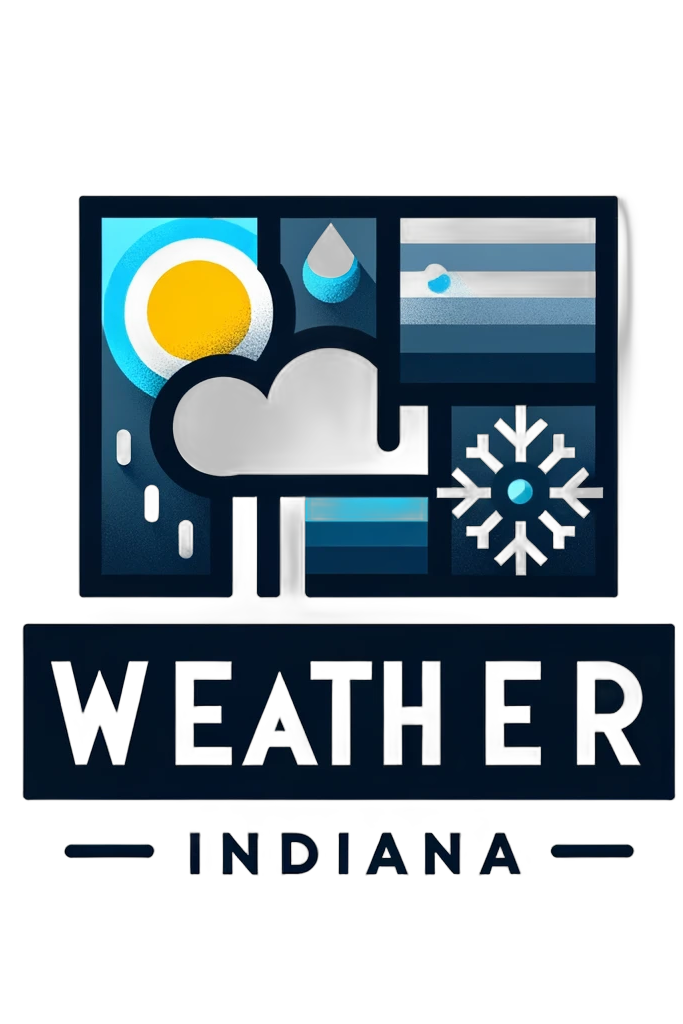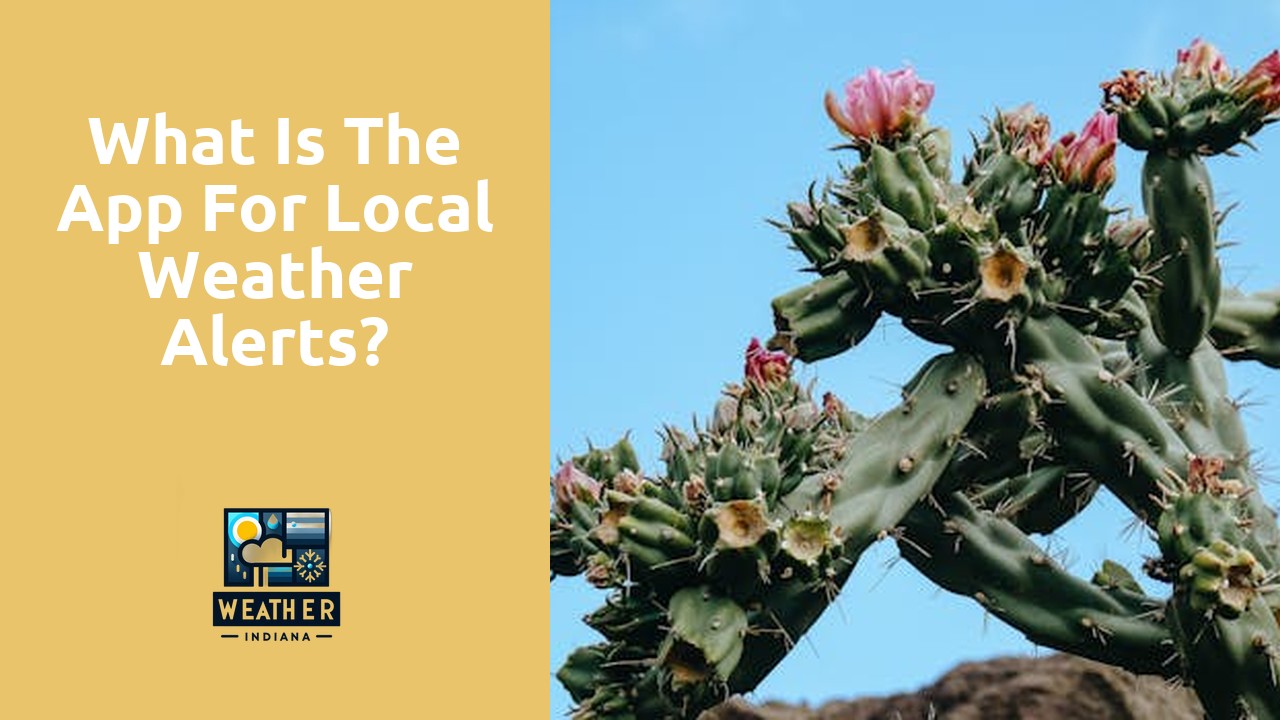Table Of Contents
Troubleshooting Common Weather Alert App Issues
When encountering issues with your weather alert app, it can be frustrating not to receive the timely information you need. A common problem users face is the app not providing notifications for severe weather events, such as thunderstorms or tornado warnings. In such cases, it is essential to first ensure that your app settings allow for notifications and that your device’s notification settings are properly configured to receive alerts from the app.
Another frequent issue users may experience is inaccurate or outdated weather updates being displayed on the app. This can lead to confusion and potentially dangerous situations if users rely on this information for planning purposes. To troubleshoot this problem, try refreshing the app by closing and reopening it or checking for any available updates that may address these inaccuracies. Additionally, verifying that your location services are enabled for the app can help ensure you are receiving the most up-to-date and relevant weather data for your area.
Solutions for Notification Problems and Inaccurate Updates
For users experiencing notification problems or receiving inaccurate updates on their weather alert app, there are several possible solutions to consider. Firstly, it is recommended to ensure that the app has permission to send notifications by checking the settings on your device. Sometimes, apps may be blocked from sending notifications due to privacy settings or restrictions. By granting the necessary permissions, users can potentially resolve notification issues and start receiving real-time alerts once again.
Moreover, in the case of receiving inaccurate updates, it is advisable to verify the app’s location settings. Incorrect location settings can lead to receiving weather information for a different region than your current one, resulting in inaccurate forecasts and alerts. By adjusting the location settings to ensure they are accurate and up-to-date, users can enhance the app’s ability to provide relevant and precise weather updates specific to their geographical location.
The Difference Between Local Weather Apps and Weather Websites
Local weather apps and weather websites have become indispensable tools for staying informed about current weather conditions. While both platforms provide weather forecasts and alerts, there are distinct differences between them. Local weather apps are designed to offer more personalized and location-specific updates compared to weather websites.
Weather apps typically utilize geolocation technology to provide real-time weather information based on the user’s current location. This feature allows users to receive hyper-localized forecasts, severe weather alerts, and precipitation notifications tailored to their exact whereabouts. On the other hand, weather websites offer a broader overview of weather patterns and forecasts for a wider geographical area, making them useful for those seeking generalized weather information.
Choosing the Right Platform for Weather Information
When selecting a platform to receive weather information, it is crucial to consider your specific needs and preferences. Local weather apps are designed to provide detailed and up-to-date information based on your exact location. These apps typically offer features such as hourly forecasts, severe weather alerts, and radar maps to help you stay informed about weather conditions in your area.
On the other hand, weather websites offer a broader range of information and tools for users who prefer to have access to a variety of data. These websites often include in-depth analyses, historical weather data, and interactive maps to cater to different users’ interests. Depending on your level of interest in weather-related details and your preferred method of accessing information, choosing between a local weather app and a weather website can help ensure that you receive the most relevant and useful updates.
Staying Informed During Severe Weather Events
During severe weather events, staying informed is crucial for ensuring your safety and well-being. Local weather apps provide real-time updates and alerts specific to your area, helping you stay ahead of any potential dangers. By keeping your weather app notifications enabled and regularly checking for updates, you can be prepared for any sudden changes in weather conditions that may impact you or your surroundings.
In addition to monitoring your weather app, it is advisable to also tune into local news broadcasts or emergency radio stations for supplementary information during severe weather events. These sources can provide valuable insights and updates from meteorologists and emergency officials, giving you a comprehensive overview of the situation at hand. By utilizing multiple channels for information, you can better navigate through severe weather conditions and make informed decisions to safeguard yourself and your loved ones.
Utilizing Emergency Alerts on the Weather App
Emergency alerts on weather apps are essential for keeping users informed and safe during severe weather events. These alerts are designed to provide timely notifications about hurricanes, tornadoes, floods, and other potential threats in the user’s area. By enabling these alerts on your weather app, you can receive crucial information that can help you take necessary precautions and stay prepared for any emergencies that may arise.
When setting up your weather app to receive emergency alerts, make sure to customize the settings based on your location and preferences. It’s important to allow access to your device’s location services so that the app can deliver relevant alerts specific to your current whereabouts. By staying informed through these emergency alerts, you can stay ahead of any dangerous weather conditions and make informed decisions to protect yourself and your loved ones.
FAQS
What is the best app for receiving local weather alerts?
There are several popular apps for local weather alerts, such as AccuWeather, The Weather Channel, Weather Underground, and NOAA Weather Radar.
How do weather alert apps work?
Weather alert apps use data from meteorological sources to provide real-time information about weather conditions, forecasts, and alerts for specific locations.
Are weather alert apps accurate?
Weather alert apps rely on advanced technology and data from reliable sources to provide accurate weather information. However, it’s always recommended to cross-check information from multiple sources during severe weather events.
Can I customize the alerts I receive on weather alert apps?
Yes, most weather alert apps allow users to customize the types of alerts they receive based on their preferences and locations.
Are weather alert apps free to use?
Many weather alert apps offer basic features for free, but some may have premium features or ad-free versions available for a subscription fee.

